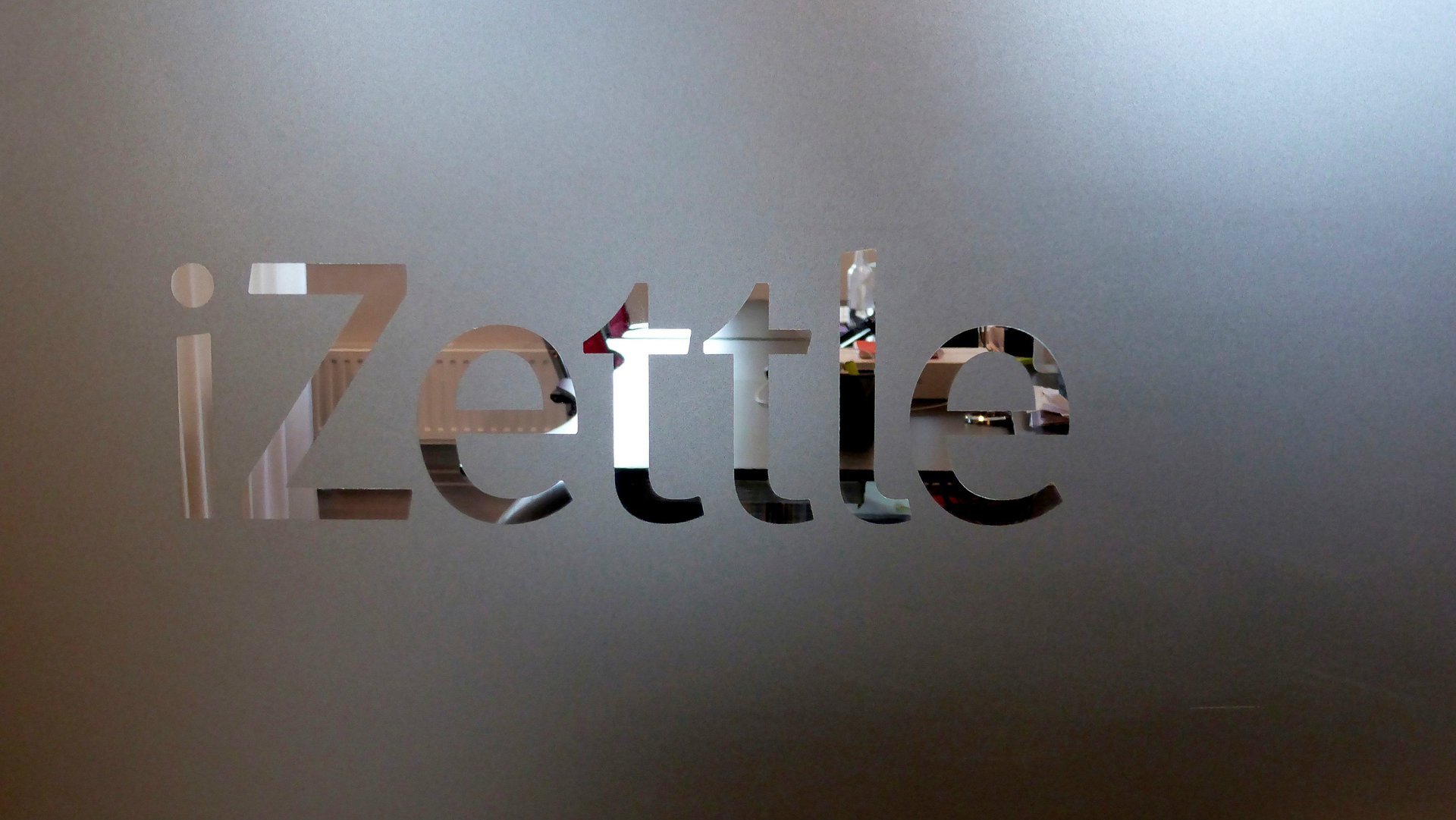PayPal is going head to head with Square with its biggest-ever acquisition
PayPal is splashing out $2.2 billion to buy iZettle, a small-business payment platform, in what will be the company’s biggest acquisition yet. The deal will give PayPal a bigger footprint in hundreds of thousands of stores, and bring it in even more direct competition with Square.


PayPal is splashing out $2.2 billion to buy iZettle, a small-business payment platform, in what will be the company’s biggest acquisition yet. The deal will give PayPal a bigger footprint in hundreds of thousands of stores, and bring it in even more direct competition with Square.
Stockholm-based iZettle, which builds devices and technology used to accept credit card payments, had been planning an initial public offering until “PayPal got in touch and showed a serious interest,” CEO Jacob de Geer said in a statement. The combination will give PayPal in-store capabilities in 11 markets including Brazil, Nordic countries, France, and Mexico. The deal comes a year after Square said it was targeting Europe for expansion (paywall).
Square, founded in 2009 by Jack Dorsey, is younger and smaller than 20-year-old PayPal, but the companies are increasingly pushing onto each other’s turf. Dorsey’s company has built up a customer base of in-store payments for boutique-sized businesses and made a move on PayPal’s territory with its Square Cash app for transferring money and making purchases online.
Square Cash (and the company’s stock price) got a big boost when it added bitcoin services late last year. By some measures, the app is growing faster than Venmo, PayPal’s peer-to-peer payment service, according to a CNBC report citing Nomura Instinet data. With about 28 million total downloads, Square Cash downloads lag Venmo by about 1 million.
Even so, Dorsey’s company has a ways to go to catch up to PayPal: Square processed around $18 billion in payments during the first three months of this year, a 31% increase from a year earlier (pdf). PayPal handled $132 billion over the same period. PayPal’s $94 billion market capitalization is more than four times larger than Square’s.
However, successfully integrating iZettle could help PayPal get over a recent breakup: EBay is moving away from PayPal and will instead work with a Dutch firm called Adyen for payment processing, pushing apart two companies whose fortunes have been intertwined since the dot-com boom in the 1990s.